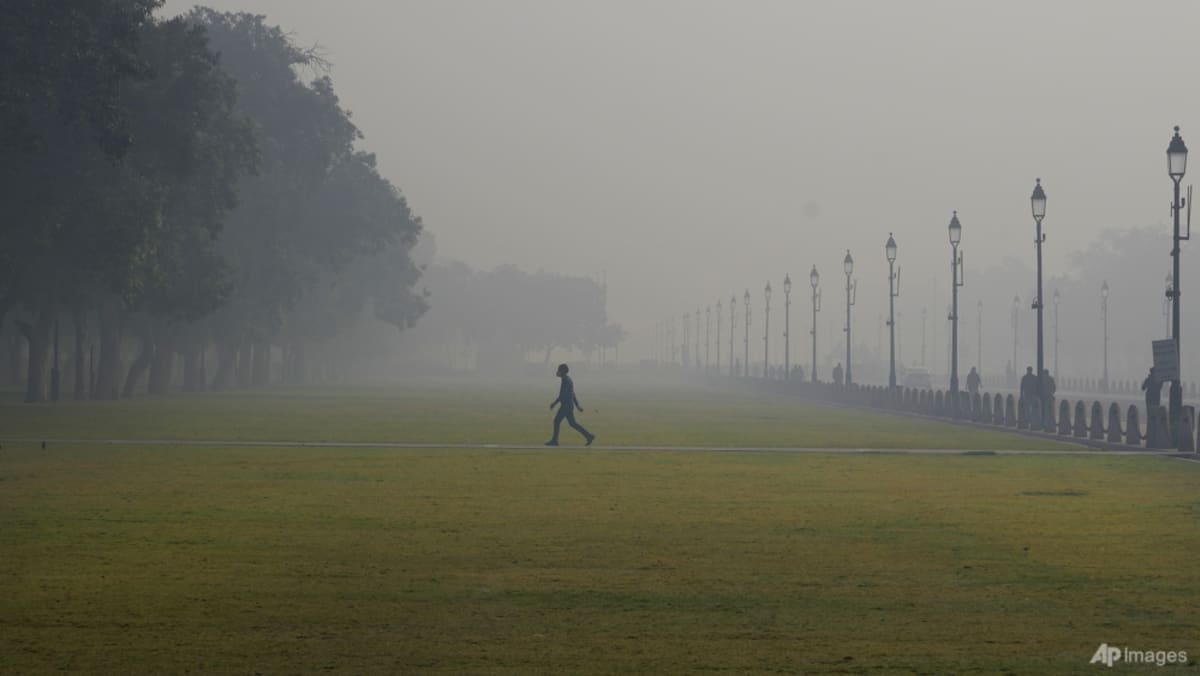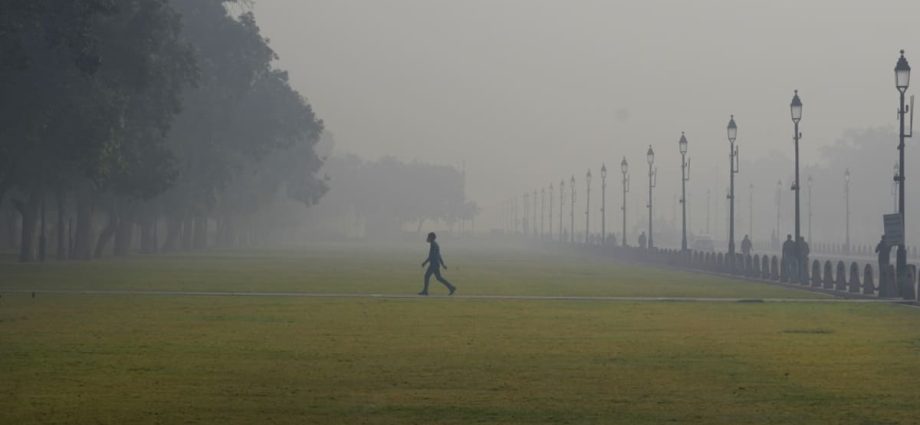
The shopping website Daraz has reported a spike in searches for air purifiers and face masks since last October, especially in Punjab.
Pulmonologist Dr Khawar Abbas Chaudhry laments the deterioration of Lahore, which he describes as a “once beautiful” city.
The hospital where he works is part of the Bill Gates-backed Evercare Group that has hospitals in the region, including India and Bangladesh, and in East Africa.
Chaudhry says he has seen a 100 per cent increase in patients sickened with respiratory illnesses this winter. He attributes this rise to air pollution.
There are forums within Evercare to discuss issues like air pollution, and he and colleagues, including those from India, talk about smog’s health impact. But this dialogue is only happening within one institution.
“Countries, governments, departments need to be involved,” said Chaudhry. “They need to meet regularly. Ultimately, people need to reach out and that could put some pressure on movers and shakers on both sides of the border.”
Pratima Singh, a senior research scientist at Bengaluru-based Center for Study of Science, Technology and Policy, has researched air pollution in India for over a decade.
She said South Asian countries could emulate the European Union model of collaboration to deal with pollution challenges, formalize new policies and share data and best practices.
After India launched its National Clean Air Programme in 2019, authorities quickly found it was crucial for cities to understand what was happening in surrounding areas – and the boundary kept expanding.
“Everyone started realizing that airshed management is essential if we want to actually solve the problem,” Singh said.

